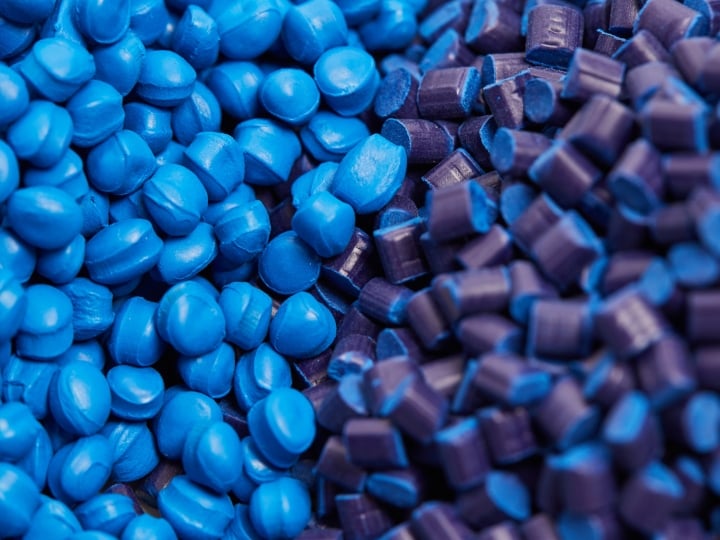Microbeads and microplastics environmental testing, modelling & impact assessment plus support for companies developing alternatives for consumer products
Microbeads and microplastics are small particles of plastics which have either been added to personal care or cleaning products to provide abrasive properties. They may also result from fragmentation of plastic waste, textile fibres, and as by-products of plastic production.
Microbeads and microplastics are typically smaller than five millimetres and, as a result of their small size, they easily pass through waste water filtration processes and enter rivers, lakes and oceans where they have potential to transfer as contaminants into animals. An increasing number of companies have committed to stop using microbeads in their personal care products due to their potential to accumulate in oceans and the threat they pose to aquatic life.
Several national authorities are considering or have already regulated or banned these products.
Microbead Environmental Sample Screening
Our experts have developed a microbead screening process for water samples taken from waste water, rivers, lakes and oceans to enable the handling and grouping of the thousands of particles which comprise these samples in a manageable way. Our scientists isolate, screen and test microbeads and microplastics in environmental samples allowing the identification of the plastic or polymer materials used. These materials include polyethylene (PE), polypropylene (PPE), polyethylenterephthalate (PET) and polymethylmethacrylate (PMMA) or polyamide (PA), with identification made possible through combining infra-red and Raman spectroscopy and infrared and Raman microscopy techniques.
Microplastics can be further analytically characterized and differentiated from inorganic particles through expert use of scanning electron microscopy (SEM) in combination with energy dispersive X-ray diffraction (SEM-EDX). This information can provide insight into the origin and former use of any microplastic debris which, in turn, could help to reduce the levels of microplastics.
Using this screening process, scientists from our laboratory in Reinach, Switzerland participated in the world's first study of microplastics, in a major river system. The findings, which reported on the distribution, levels and nature of microplastics sampled in the Rhine, were published in the scientific journal "Nature" Scientific Reports.
Environmental Impact Assessment for Microbeads
As part of our Energy and Water Consultancy services, Intertek can quantify sources of microbeads released to the aquatic environment through their physical parameters (e.g. quantity, size, density). We can then model how the microbeads will be advected and dispersed and also monitor this distribution. Once the distribution in lakes, rivers, and seas is established we can assess environmental and health risks by considering the location of sensitive sites such as fish spawning areas, fisheries, drinking water abstraction points, recreational areas and other areas. This process would also assist the planning and deployment of clean-up operations. Our experts are on hand to specify and manage versatile sampling and monitoring programmes for microplastics.
Personal Care Product Development Support
Innovation is key to the successful development of novel personal care products and in particular, innovation is important to sourcing safe replacement ingredients for plastic microbeads which can deliver an effective “exfoliating” function. Our cosmetics testing laboratories work alongside your product development teams, supporting the search for alternative exfoliating ingredients to ensure formulation compatibility, formulation stability, substrate analysis for skin and microbiological safety. Our personal care product Clinical Research Service experts conduct clinical studies in support for efficacy claims, deploying our large, qualified, participant database and our many years’ experience of robust clinical studies.
With experience across multiple regions, including the EU and North America, our compliance team provides cosmetic safety assessment and INCI cosmetic ingredient labelling reviews allowing us to support your new product development, market launch or due diligence activities.
By providing solid steps to ensure the quality and safety of products, compliance with legislation and rigorous assessment of the environmental impact of microbeads, our scientists and consultants offer an unrivalled toolbox of expertise and assurance solutions. These deliver the necessary insight required by all stakeholders to make informed decisions with total confidence.

